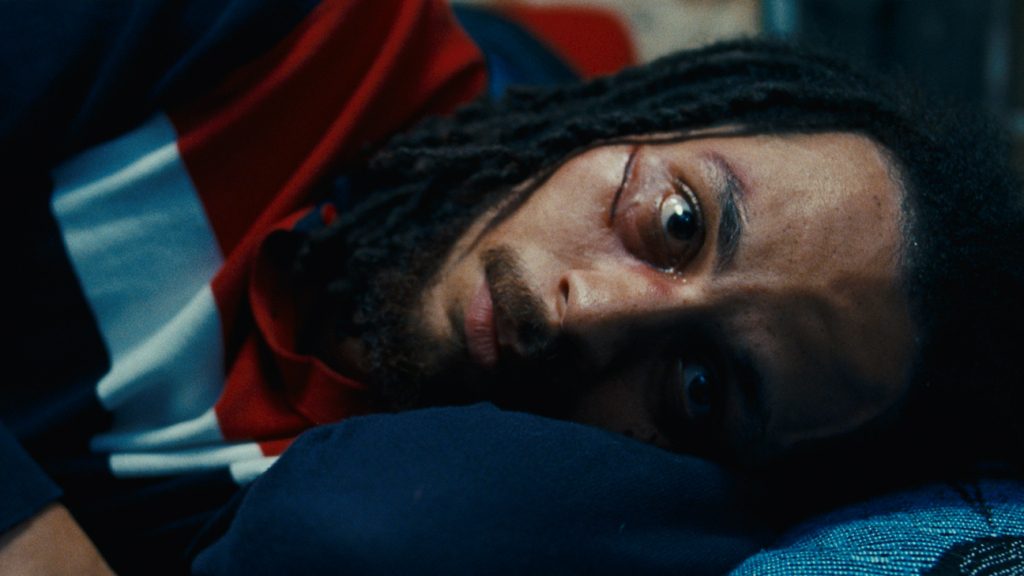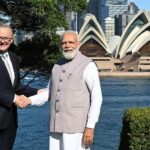Global Courant 2023-05-24 13:30:00
Given all that he’s said and done (and not done) — a list far too long for this article — former British prime minister Boris Johnson is an individual who manages to provoke a wild array of opinions, many of them, perhaps understandably, negative. That said, a film entitled Killing Boris Johnson is one likely to raise at least a few eyebrows.
The short film — part of Cannes’ La Cinef selection — comes from director Musa Alderson-Clarke and producer Solomon Golding, recent graduates of the UK’s National Film and Television School, and bears the distinction of being the only UK student film to feature in the festival this year (selected from more than 2,000 submissions). It’s also quite possibly the only film that, as the name suggests, has the death of a head of state, and a current politician who remains very much alive, as its central talking point.
“It’s inspired by my own life,” says Alderson-Clarke, who clarifies — maybe unnecessarily — that it’s not actually based on his own life. Conceived at the height of the COVID pandemic, Killing Boris Johnson follows the inner turmoil of Kaz (Shadrach Agozino), whose emotional state has been turned upside down by the actions of Johnson’s government while tough COVID restrictions were in place. In the wake of the notorious “Partygate” scandal, during an investigation of which it emerged that Johnson had attended illegal lockdown parties in Downing Street while others were told they couldn’t even attend the funerals of their own loved ones, Kaz decides that Johnson should be held accountable and devises a plan to kill him.
“I was coming to terms with my own grief during that time,” says Alderson-Clarke, whose mother died during the pandemic. “I was annoyed at Boris Johnson, annoyed at the arrogance of it all and wanted to make a film that captured that feeling.”
As a working-class man, Alderson-Clarke says the seemingly above-the-law actions of Johnson led to a “feeling of disenfranchisement.” And the Partygate revelations “put a nail in a coffin … how this man kind of just felt like he could get away with whatever he wanted and have that level of entitlement.”
While the film’s title may be among the most attention-grabbing in Cannes, Killing Boris Johnson is less about the murderous act in itself and instead presents a thought-provoking exploration of grief, anger and accountability, seen through the eyes of the would-be assassin.
“It’s about this guy’s emotional journey,” he says. “I think people go in expecting something, and I’d like them to leave having experienced something else. That’s the goal.”
As might be expected, Killing Boris Johnson has provoked some angry reactions from people who haven’t yet seen the film, some even demanding legal action against its creators. And it’s something that Alderson-Clarke welcomes.
“I think it’s important that people are talking about it, because I’m open to hearing different perspectives and points of view on what the film means,” he says, adding that he hopes the film helps break people out of their echo chambers, including his own.
“The left only hangs around with the left and wants to hear points of view from the left, and it’s sort of propped up by algorithms and social media,” he says. “But if this film gets me into a conversation with someone who maybe has a different political standpoint than me, I think that’s a good thing because, at the end of the day, what happened with Boris Johnson didn’t just affect the left — it affected everyone in the country.”








